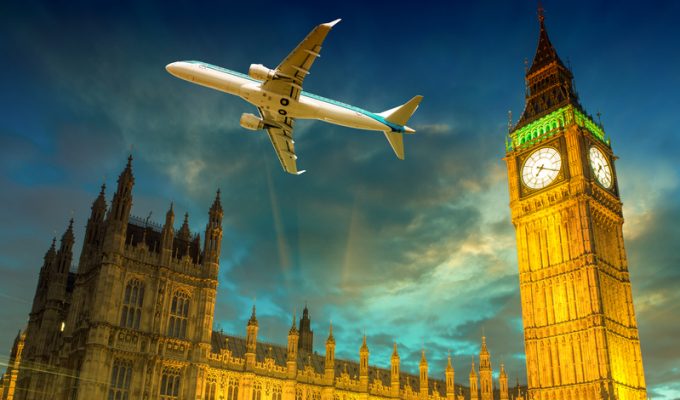UK-US trade deal brings tariff certainty – plus aerospace investment
The UK aerospace sector received two pledges of support today which should see heightened trade, ...

The UK aerospace industry feels it is in limbo over how the country’s new aviation regulations interact with those of the EU and global counterparts.
Chief executive of aerospace trade body ADS Group Paul Everett told the UK’s Business and Brexit Preparedness Committee getting to grips ...

Comment on this article